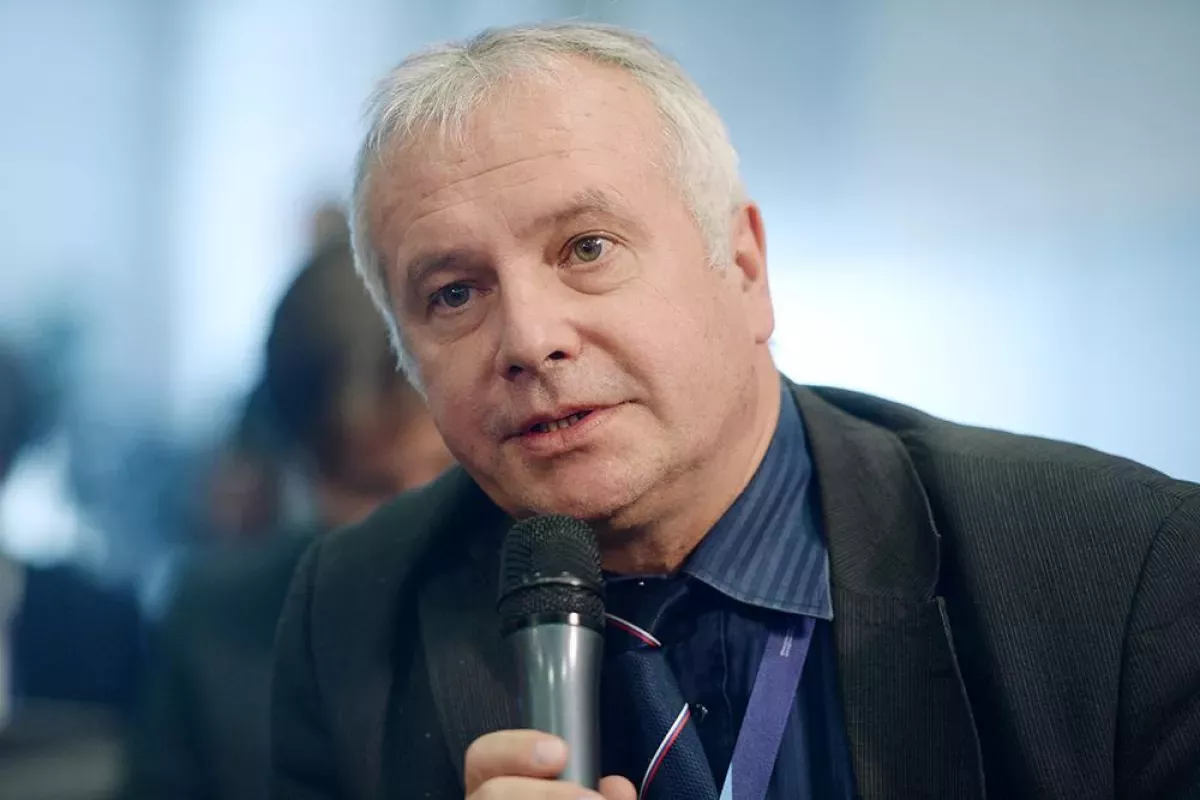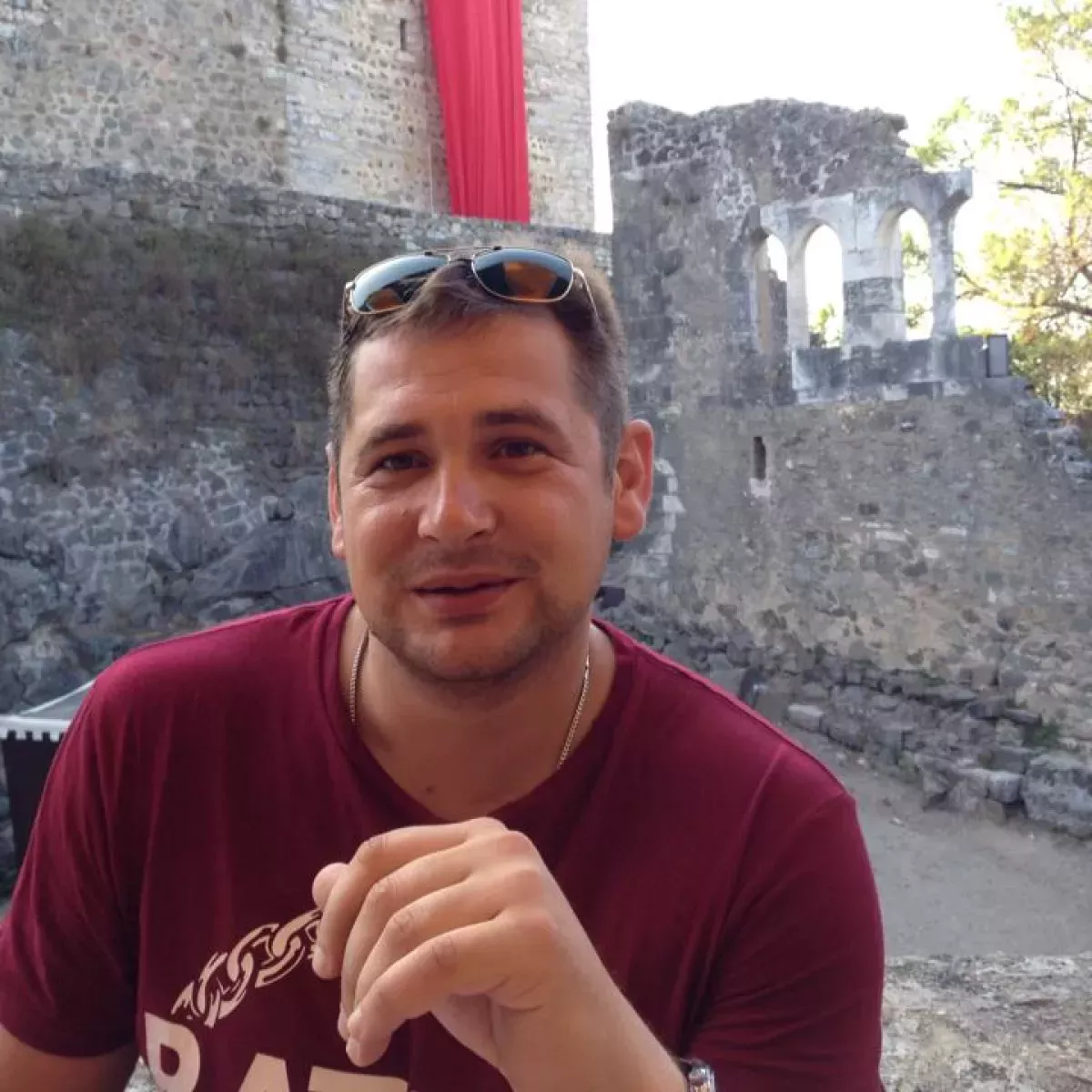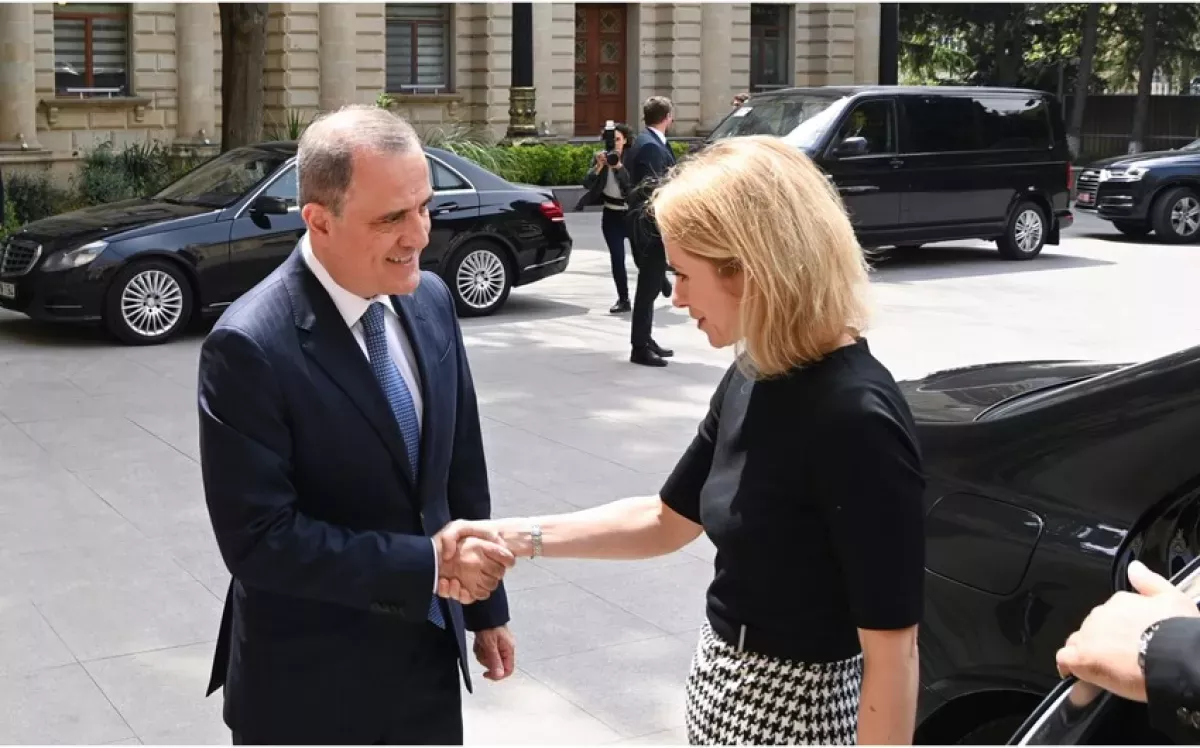EU and Azerbaijan on the path to diplomatic reset Towards a New Chapter
The visit of EU High Representative for Foreign Affairs and Security Policy, Kaja Kallas, to Azerbaijan seems to signal the beginning of a diplomatic reset.
Recent comments made by European Commission President Ursula von der Leyen at the EU summit in Central Asia sparked mixed reactions in Azerbaijan. However, Kallas’ visit to Baku has helped instill greater confidence in resolving this ambiguity.
For instance, it was crucial to explain why Brussels began linking the importance of opening the Armenian-Turkish border and concluding an Armenia-Azerbaijan peace agreement with cooperation with Baku on facilitating transport transit from Europe to Asia via Azerbaijan. It was also important to clarify why the EU has recently been so prone to making political attacks against Baku, issuing unfounded statements, and adopting anti-Azerbaijani resolutions.
Foreign political experts agreed to discuss the objectives of Kallas’ visit to Azerbaijan with Caliber.Az.

German political analyst and chairman of the Eurasian Society of Germany, Alexander Rahr, believes that Kallas' visit was multifaceted, primarily aimed at strengthening political and economic cooperation with Baku, as well as attempting to draw Azerbaijan into new treaty alliances.
"Kallas had three objectives during her visit to Baku. The first was to negotiate with Azerbaijan's leadership on distancing itself from Moscow, particularly regarding Western sanctions against Russia. The second was to ensure continued supplies of Azerbaijani energy resources to the EU via Türkiye. The third was to move decisively toward implementing the agreements on Azerbaijan's association with the EU," he said.
“In Baku, Kallas also reaffirmed her commitment to international law, under which Azerbaijan rightfully reclaimed Karabakh. In other words, she emphasised once again that there are no disagreements between Baku and Brussels on this issue,” said Rahr.

Austrian political analyst Rudolf Valeyev said that the essence of Kallas’ visit lies in the political expertise of Kallas herself.
"Kallas oversees the EU's diplomatic sector, strategy, and foreign policy. In Baku, she came to address the most complex accumulated issues and to activate a new phase of cooperation. It is particularly important to reduce the level of distrust that has developed in Baku towards Brussels, as well as to ease the tension in relations caused by anti-Azerbaijani resolutions in the European Parliament and other absurdly unfriendly statements made by European politicians towards Baku," Valeyev said.
Judging by the tone of the joint statements made by Kallas and Bayramov, a positive consensus was reached, and some of Baku’s concerns with Brussels were resolved in a favorable manner," the expert believes. At the same time, in his opinion, Kallas needed to set a new tone and dynamic for economic cooperation with Azerbaijan.
"Let us recall some of the remarks made by the president of Azerbaijan regarding the EU's need to define the volume of energy supplies it wants to receive from Azerbaijan. Azerbaijan is not willing to make efforts without clear expectations — specific answers to concrete questions are required, and Kallas, apparently, provided them. This is confirmed by the words of Azerbaijan's Foreign Minister Jeyhun Bayramov, who stated that Kallas' visit to Azerbaijan will strengthen the country's partnership with the EU," the political analyst said.

The expert noted that it is clear that this conclusion was not made by chance. Bayramov emphasised that this is the first visit to Azerbaijan by the EU high representative in the past nine years.
Valeyev noted that in essence, Kallas arrived like the foreman of a repair crew, tasked with fixing the communication breakdowns where relations between Baku and the EU had seriously weakened due to the actions of certain EU representatives who had systematically undermined them. She took on the "dirty work" of rebuilding bridges. What’s encouraging is that common sense has prevailed in the EU — they’ve realized that continuing the dialogue with Baku in the same manner is impractical, as Azerbaijan, despite its patience, is capable of taking countermeasures.
“At the same time, it’s impossible to ignore the fact that the rise in European pragmatism was influenced by external objective factors, particularly Trump’s economic policies, which contradicted those of Europe and began testing its resilience,” the political analyst said.
“Brussels urgently needs to diversify its energy sector, especially considering the deteriorating relationship with the US. It can no longer rely on energy supplies from there, nor count on consistent political support. As a result, the EU now requires strong new partnerships with Baku, particularly in the areas of hydrocarbon and green energy supplies from Azerbaijan. Baku has made it clear that it is ready to provide everything the EU needs, as long as the relationship is based on a constructive, progressive, and mutually respectful foundation,” the political analyst said.
“An important fact is that Baku has significantly strengthened its political authority in recent years and can now serve as a hub for political transit, capable of, for example, retransmitting certain European interests to Central Asia and the Middle East. Amid the cooling of relations with the US, Baku is emerging as an important, versatile player on the political stage for the EU,” he added.








